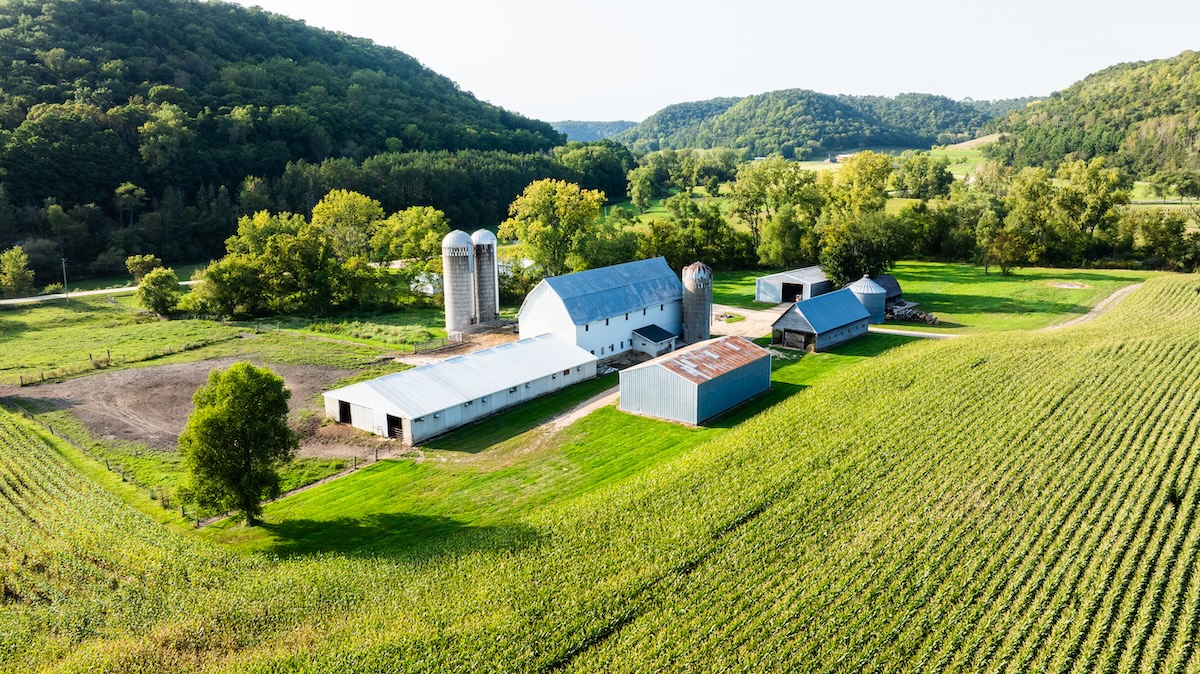
Understanding the Auction Process for Selling Your Property

How do house auctions work? Can I even auction my house? How do land auctions operate? Auctions vs. private sales, which is better? These and more are viable questions prospective real estate sellers might have.
Of course, those unfamiliar with auctions should understand the auction process for selling their property. In simplest form, it’s a bidding process open to the public. Various bidders compete for real estate property via bids, and whoever is willing to bid highest, wins the auction bidding event. The winner signs a contract and completes the sale closing procedures.
Here’s what you should know.
Editor’s Note: This is not financial, investment, legal, or real estate advice. Consult with a financial planner, investment specialist, real estate lawyer, and real estate professional before buying or selling land at auction.
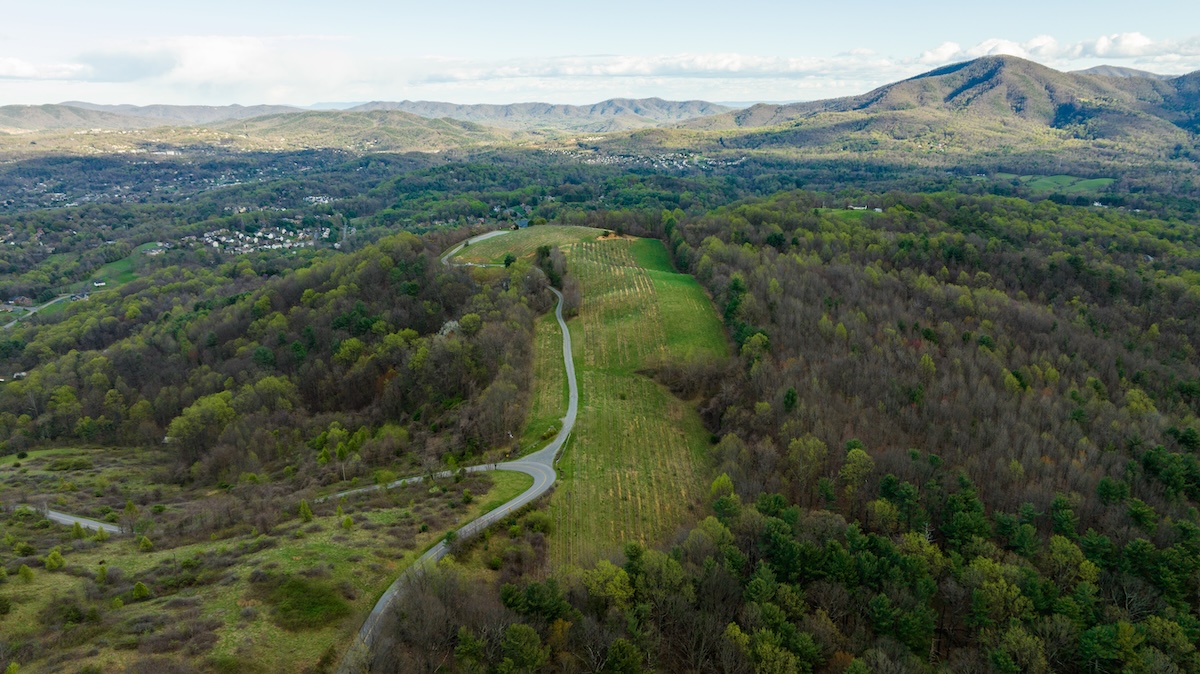
Home and Land Auction Basics
Home and land auctions are similar but different. Some homeowners choose to auction their home rather than sell it as a traditional listing. Two scenarios often occur. First, a homeowner needs a fast sale and doesn’t have time to let it sit on the market. Second, the home is attached to a larger acreage, of which is also going to be auctioned.
There are pros and cons to auctioning homes, though. Typically, homes bring a higher sale price with time on market than at auction. The exception? Scenario No. 2 above when a home is attached to larger rural acreages. Sometimes, they can even go above market value.
Plus, properties (including houses) that are unique also sell very high at auction. This is due to their uniqueness, high value, and even scarcity. Ranch & Farm’s Joe Gizdic says that, they have sold several recreational properties for nearly double their real value because they were coveted properties or properties that have been in the same family for years. As always, demand drives the price.
What about land? Reflecting on trends from the recent and distant past, farmland tends to sell better at auction. In contrast, land that’s purely recreational often does better with time on market. Lands with a mix of tillable, other ag ground, and recreational acreage often do better at auction, too.
If you decide to sell your property at auction, there are additional things to consider. Keep the following in mind when weighing the auction process.
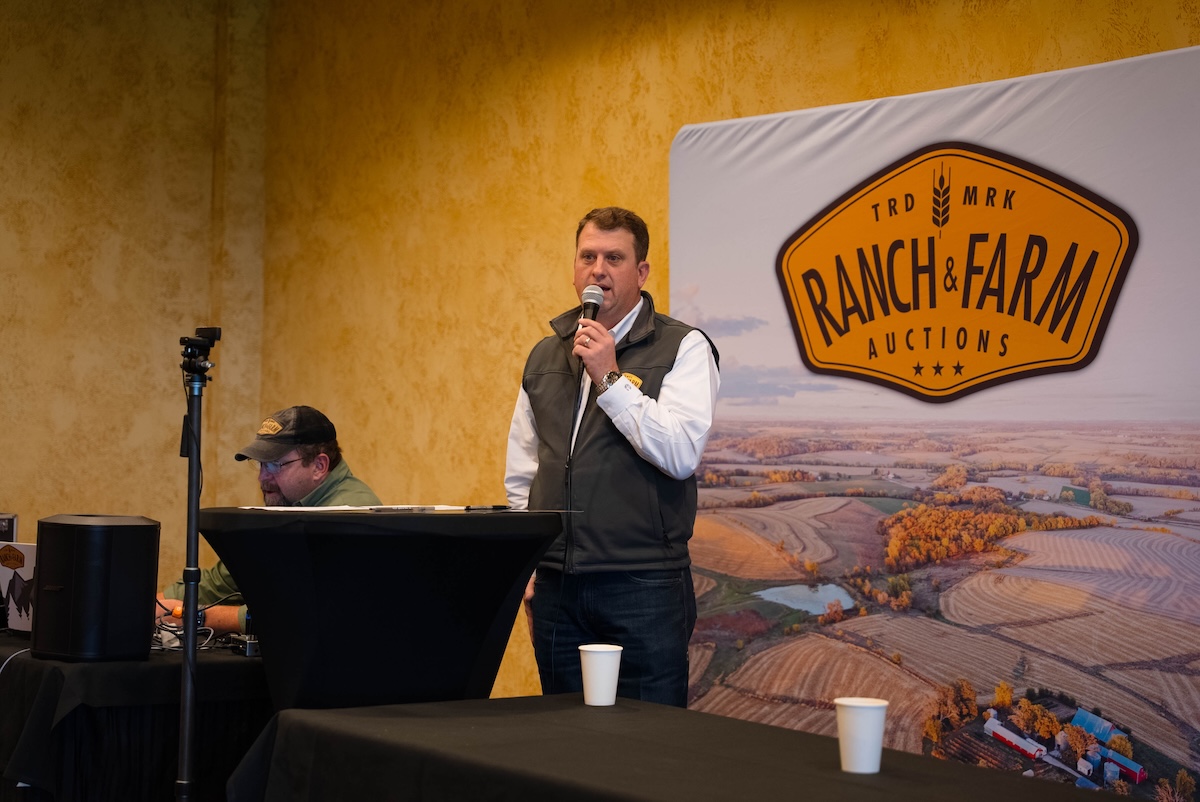
Choose an Auction House (and Auctioneer)
You’ve decided to auction your property. The next step is choosing an auction house. These are not created equal, though. Some offer more (and better) services than others. Plus, some provide more and farther-reaching marketing services. This increased advertising power is important for bringing in local buyers, larger investors from out of town, and even online bidders.
Of course, with selecting an auction house, also comes choosing an auctioneer. Each auction house employs their own auctioneer(s). So, when choosing an auction house, by default, you’re selecting an auctioneer.
As with advertising and marketing efforts, all auctioneers are not created equal. Some are better, or worse, than others. Your auctioneer’s ability is crucial for success, and it’s vital that auction houses hire the right one(s).
For example, here at Ranch & Farm Auctions, we employ award-winning auctioneer, Cody Lowderman. He has numerous achievements, qualifications, and other accolades.
Lowderman has been a full-time auctioneer for the past 18 years. He is a 2nd generation auctioneer, and today, runs the family auction business. He specializes in livestock, real estate, and machinery, which is ideal for operating rural real estate auctions. Impressively, he is a two-time Reserve World Livestock Auction Champion. Most importantly, he resides in Illinois with his family and enjoys spending time with family and showing cattle.
Of course, auctions are regulated by strict laws and policies. Hiring an experienced auction house and auctioneer ensures your auction is conducted in the right way. This limits liability concerns and boosts the efficiency and proficiency of your auction.
Conduct Pre-Auction Prep
Pre-auction prep involves numerous things. First, the auction house consults with the seller. In this meeting, Ranch & Farm Auctions provides information, answers questions, addresses concerns, and outlines the general process. If the seller decides to move forward, pre-auction prep quickly follows. Generally, from beginning to end, the process takes about 90 days.
It’s also important to determine expectations. Think about what you need and want to receive for the property. Consider the best time to sell. Inquire about the best auction strategies for your goals.
At the start, information collection kicks off the leg work. Data collection and assessment educates Ranch & Farm Auctions of the property features, and more importantly, overall value. Examples of data assembled and analyzed include conservation practices, crop reports, fertility records, EPH documents, leasing potential, soil maps, timber value, home and building details (if applicable), and more. Acreage totals, property borders, building info, structure details, deeds, disclosures, easements, surveys, zoning, unique feature appeal, etc., should be included, too. If recreational, or partially a recreational property, compile trail camera and harvest photos of deer and other game harvested on the property. Note key trails for hiking, off-roading, horseback riding, etc.
With the above information, a comparative analysis is generated for the property. This compares it to nearby real estate to provide a reasonable value comp. This assists in setting fair, realistic expectations and reserve prices.
With all information in hand, Ranch & Farm crafts a strong marketing plan. This includes email, print, digital, and other forms of advertising auctions. Mapping of the property, displaying of boundaries, photos of key features, and videos showcasing the landscape are all part of the effort. These materials will be used to reach local, regional, and even national buyers and investors.
Finally, before the auction, clean up the area. Clear out all trash. Remove unappealing clutter. Make the area as appealing to the eye as possible. That will bring in and retain more bidders. It can also increase how much bidders are willing to pay.
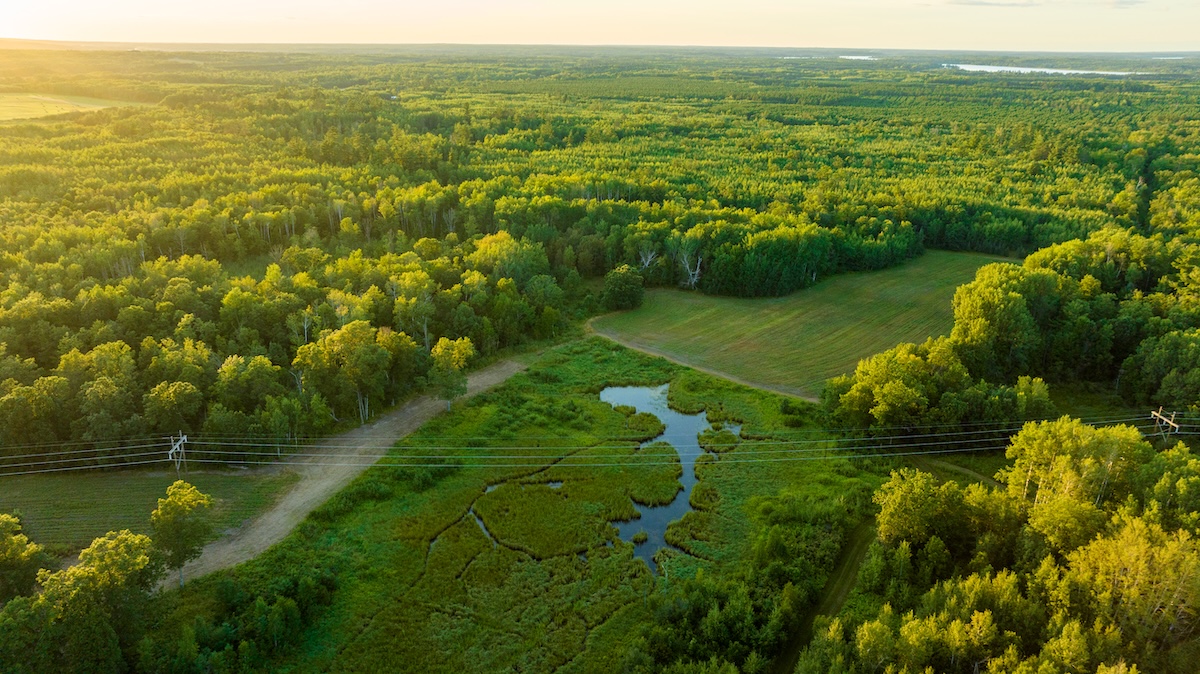
Market the Property and Auction
Marketing the property, and upcoming auction, relies on the pre-auction prep. The better you prepare, and the more information you assemble, the better the marketing materials will be. Some of this information Land Specialists can gather. Other info is completely reliant on the seller. Work closely with the Land Specialist to see best results.
The marketing process is conducted entirely by Ranch & Farm. Generally, it’s a combination of print, digital, social, and other advertising platforms. A combination of different marketing types and reaches increases the number of local, regional, and national buyers who attend the auction. Furthermore, the Land Specialist(s) assigned to your auction will implement local, grassroots methods to spread the news via their own networks. Local signage and word-of-mouth still matter.
All said, each property is unique, and therefore, a portion of the marketing plan must be attuned for the specific property going to auction.
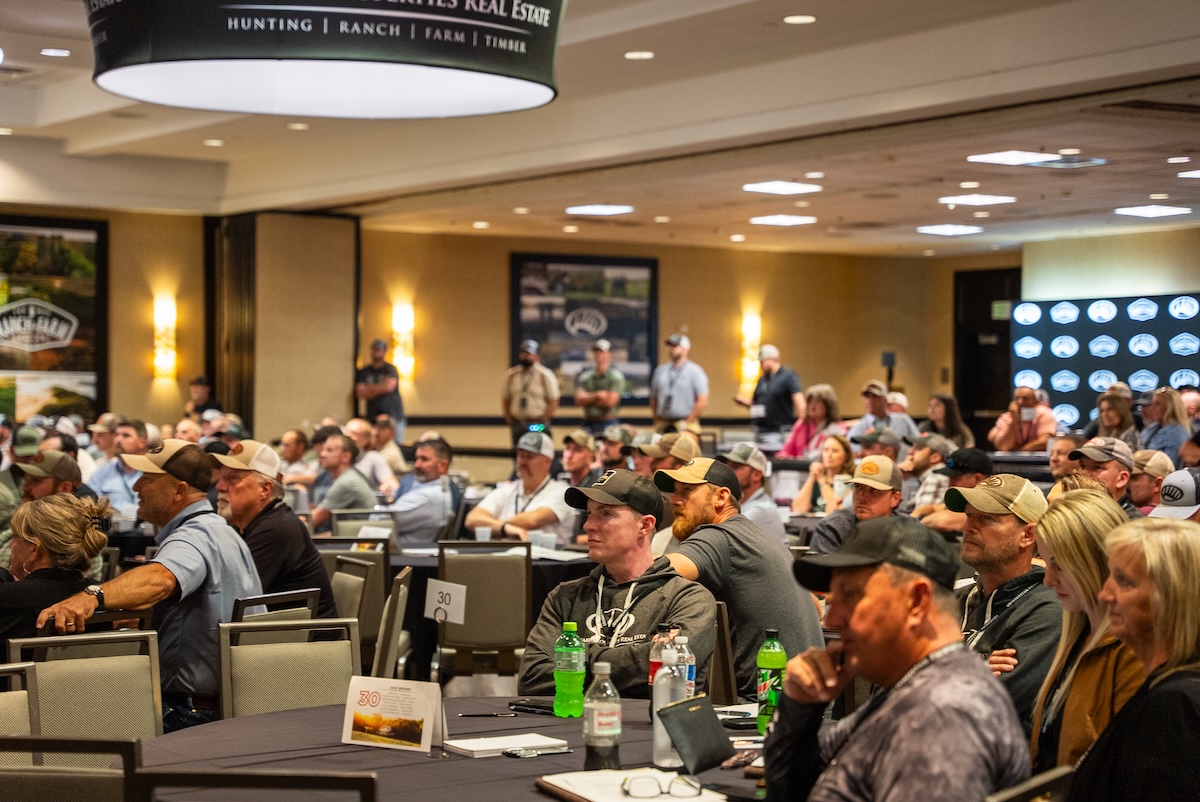
Set a Reserve Price
Auctions can be absolute or reserve auctions. An absolute auction means the property will sell regardless of the price it brings. A reserve auction means the property will not sell unless it brings a certain price.
Absolute auctions are less common but are sometimes chosen if the seller needs a quick sell. Also, it tends to attract more buyers due to the lack of a reserve on the sale.
If a reserve auction is implemented, which is most common, this figure should be determined based on the true value of the property and what the seller needs to get for it. An appraiser can assist in this process. Of course, the Land Specialist can, too.
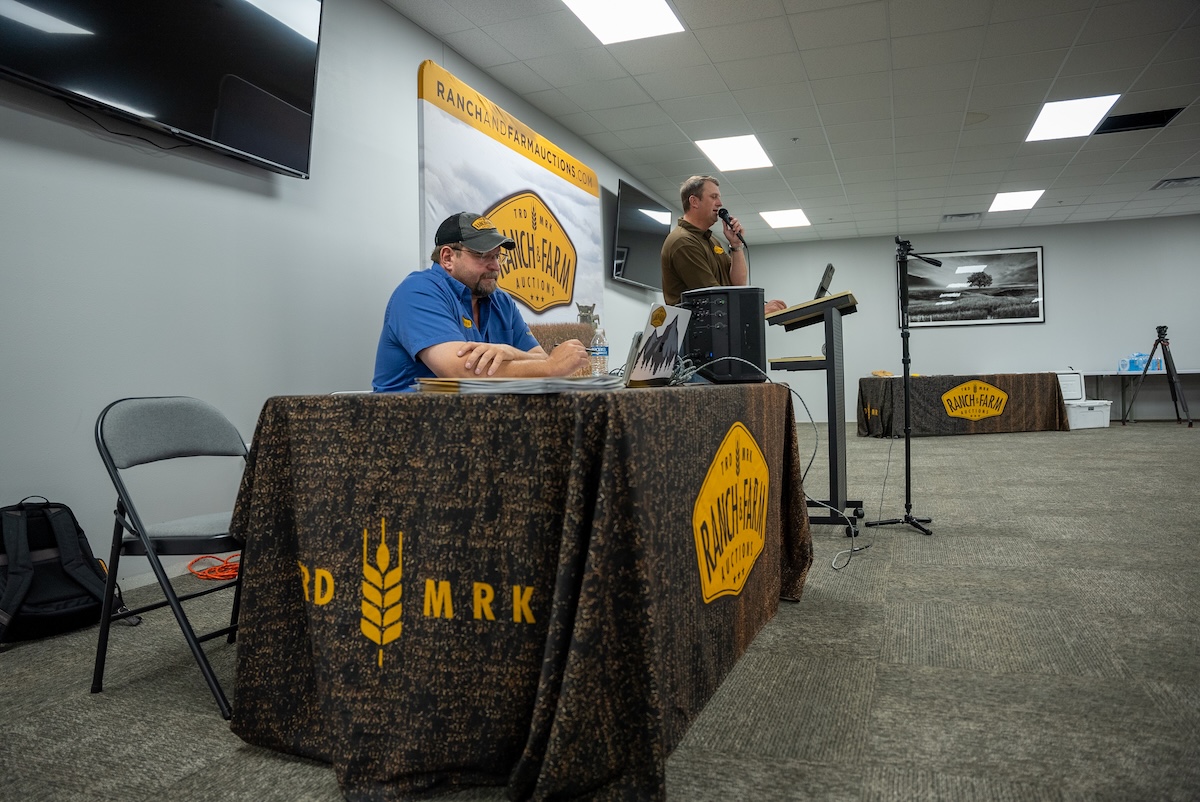
The Day of the Sale: Announcing Terms, Conducting Bidding, Completing Signing, Etc.
The day of the auction is here, and the auction is set to begin. Ranch & Farm has finished auction setup, prep, and staging. Bidders are rolling in. Soon, the bidding will kick off.
Before the bidding starts, the auctioneer will announce all terms and conditions. Examples include reserve limits, auction proceedings, closing procedures after the sale, and more. This allows all auction attendees to know and operate under the same rules.
The auction bidding can be conducted live, online, or a combination of the two (hybrid). Today, most auctions are hybrid, as these tend to produce the maximum number (and quality) of bidders and investors.
Regardless of the auction type, auctions rarely take a lot of time to complete, though. Sales are typically quick, definitive, and decisive. There are rarely negotiations involved (unless the final sale doesn’t meet the reserve), upon which the seller and top bidder might negotiate.
After the auction concludes, the necessary parties complete the contracts and signings. This includes needed signatures from the auction house, seller(s), buyer(s), etc.
Oftentimes, 10% of the sale price is paid the day of the auction. The remainder of the sale price is due on or before the closing date. Usually, these are set at 30, 60, or 90 days, situation depending.
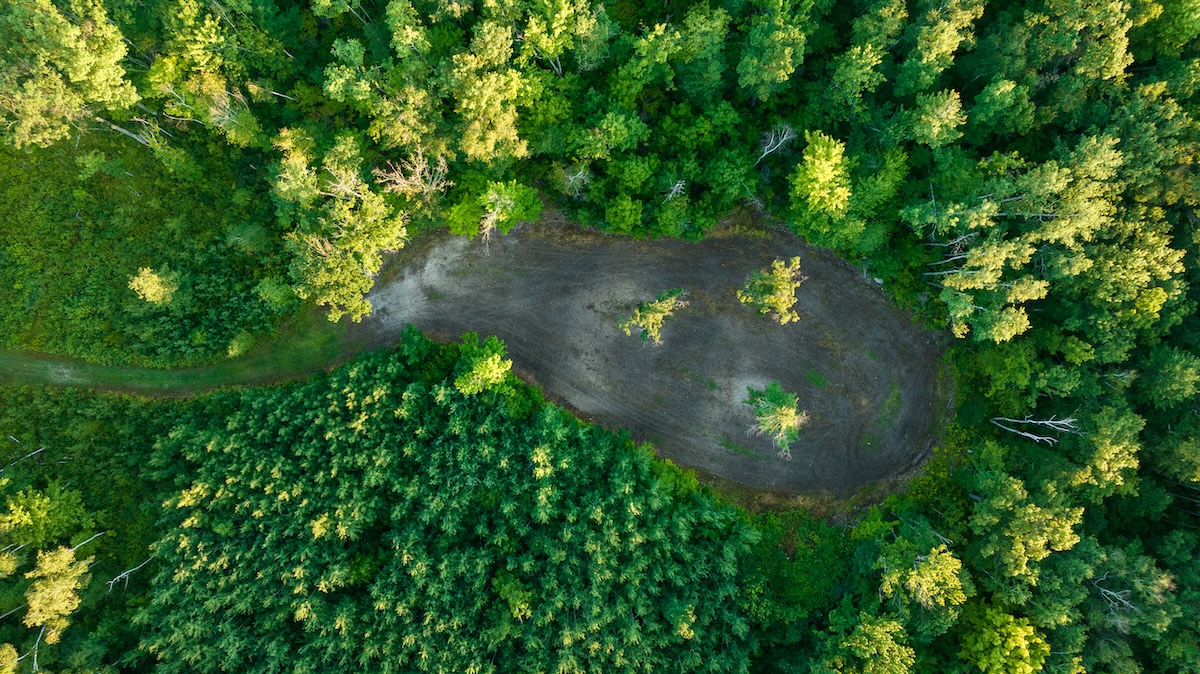
Schedule a Consultation
There are many benefits of auctions. That’s true for sellers and buyers alike. In fact, land auctions are ideal for sellers because they often maximize sale price. Other benefits abound.
Land auctions are increasing in popularity for buyers, too. Reasons include increased access to available land, exciting environments, fair bidding, transparent bidding, proper market value assessment, online buying opportunities, definitive auction outcomes, and more.
So, if you own real estate, and hope to sell soon, consider a free consultation with Ranch & Farm Auctions. We can answer questions and help with your auctioneering needs.
Published on 2025-05-22